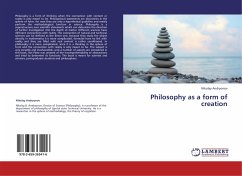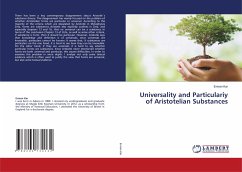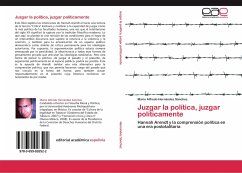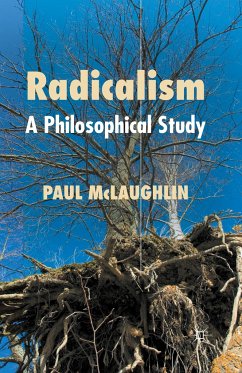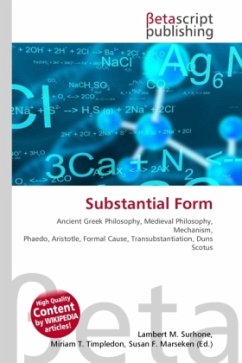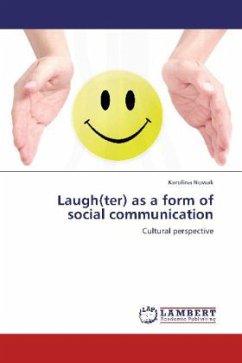
Laugh(ter) as a form of social communication
Cultural perspective
Versandkostenfrei!
Versandfertig in 6-10 Tagen
45,99 €
inkl. MwSt.

PAYBACK Punkte
23 °P sammeln!
Laughter is treated here as a social phenomenon in a sender-recipient meaning, that is, as a phenomenon set in case of both sides of this relation in a fixed social context of which a specific case is a context of worldview. It was assumed that every human being has three kind of frame of reference: other human being, the social system, the tradition (human history en globe). According to this frame of reference author studies three kind of communication with laugh/laughter. In second frame author points out three humour s institution in social system: jester, carnival and cabaret and writes a...
Laughter is treated here as a social phenomenon in a sender-recipient meaning, that is, as a phenomenon set in case of both sides of this relation in a fixed social context of which a specific case is a context of worldview. It was assumed that every human being has three kind of frame of reference: other human being, the social system, the tradition (human history en globe). According to this frame of reference author studies three kind of communication with laugh/laughter. In second frame author points out three humour s institution in social system: jester, carnival and cabaret and writes also about special moment in tradition which was Holocaust and change of value after The Second World War. Author refers to Adorno s categorical imperative to show how change a laugh(ter) after Auschwitz. This book should be useful to philosophers, sociologists, cultural academics or anyone else who research concentrate on category of laughter and communicative context of humour.



